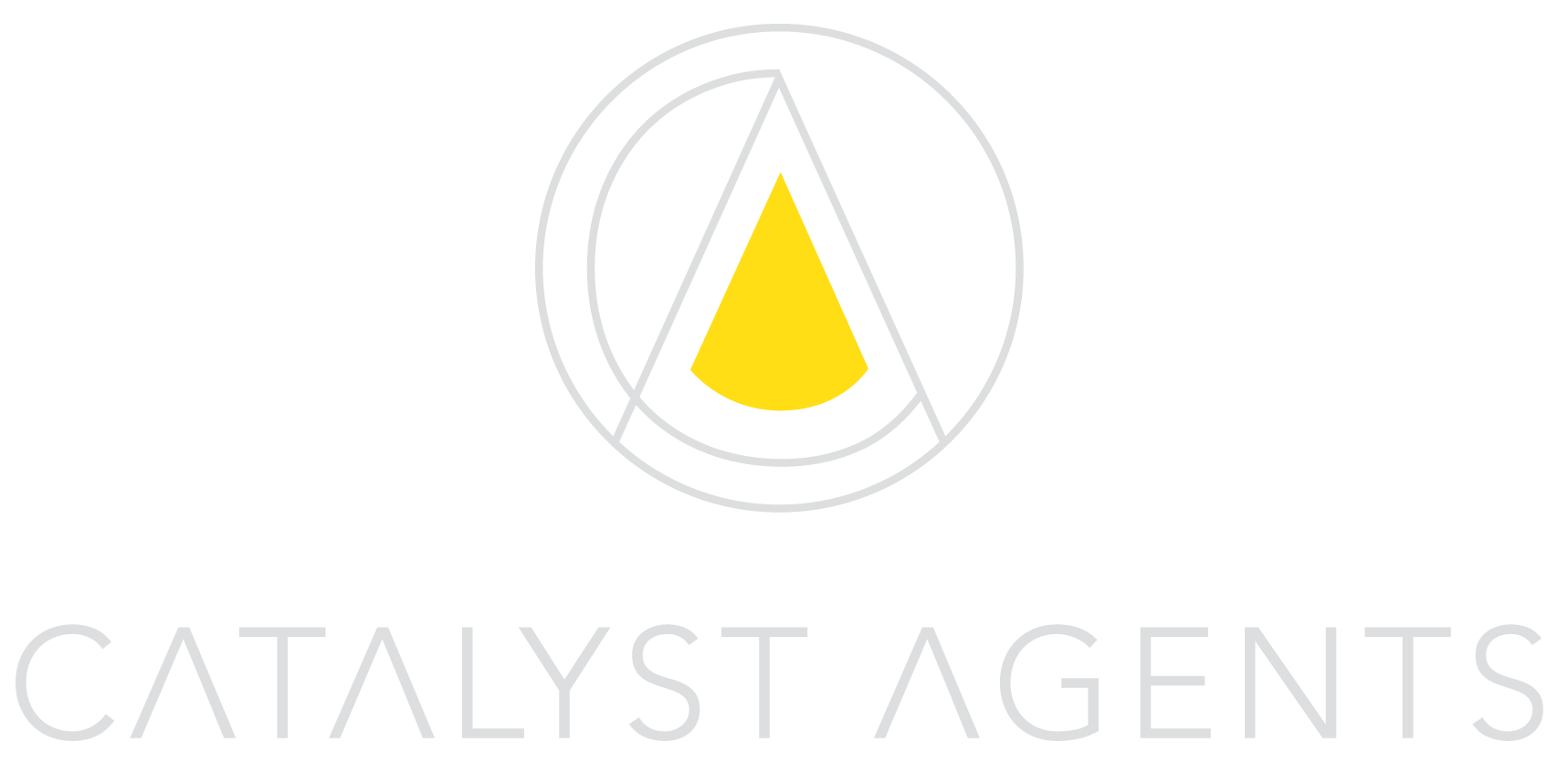New China Advertising Laws || Prohibited Terms
In 2015, the Chinese Government has updated their advertising regulation to protect the interests, health and safety of Chinese consumers, limiting the kinds of claims brands can make in their promotional campaigns. With China evolving at a rapid pace and annually updating the laws, foreign brands need to be informed and updated with Chinese laws and regulations to successfully advertise in China. In this article, we’ll be sharing the new laws and regulation set for China’s advertising law in 2019.
Although the new advertising law states that advertisers can’t use terms like “national level, highest level, the best and more”, they do not go into detail as to what other terms are prohibited. In other words, this description has a large scope of interpretation.
The prohibition of extreme terminology applies to (but not limited to): product page, the name of product, the subheadings, product details, product packaging etc. If violations are made, advertisers can be fined for at least $200,000 RMB and less than one $1,000,000 RMB. If the circumstances are serious, applications for other advertisements will not be considered for 1 year and business license may be revoked.
Below is a summary of prohibited extreme words:
Superlatives: Best, favourite, maximum, most luxurious, the cheapest, the most advanced, the latest, the most popular, etc.
Words related to first/top/only: Number one, the first in China, top-selling, one and only, No.1, exclusive, etc.
Words related to level/class: Related to “level”: e.g. national level, global level, top level, world class, the ultimate, etc
Words related to country/nation: Nation's first, national product, national champion, filling in the gap in the country, etc.
Words relative to brand/leader: Leading brand, world’s leading brand, supreme, leader, champion, famous, superstar, etc.
Exaggeration/false advertising: Never been done before, permanent, invincible, 100%, all natural, etc. This also applies to cosmetics e.g. burns fat, slims face, repairs skin, see results in x number of weeks, etc.
Misleading advertisement: Click to receive the prize, click to reveal surprise, won’t get any cheaper than this, selling out like crazy, etc.
Ads with vague time: Today, now, weekend only, anniversary, sale ends anytime, price will increase at any time, etc.
Superstition: Increase your luck, brings prosperity, balances your energy, etc.
Medical claims used for non-medical products: Anti-inflammatory, promotes blood circulation, helps with insomnia, anti-bacterial, improves digestion, etc.
Note: This is not a comprehensive list. To avoid running into any trouble when advertising in China, it is best to avoid words that sound too definite or extreme.
To see our Cultural Marketer video on this topic, visit here.
Want to learn more about Chinese Digital Marketing? Visit our Cultural Marketer YouTube Channel here.


